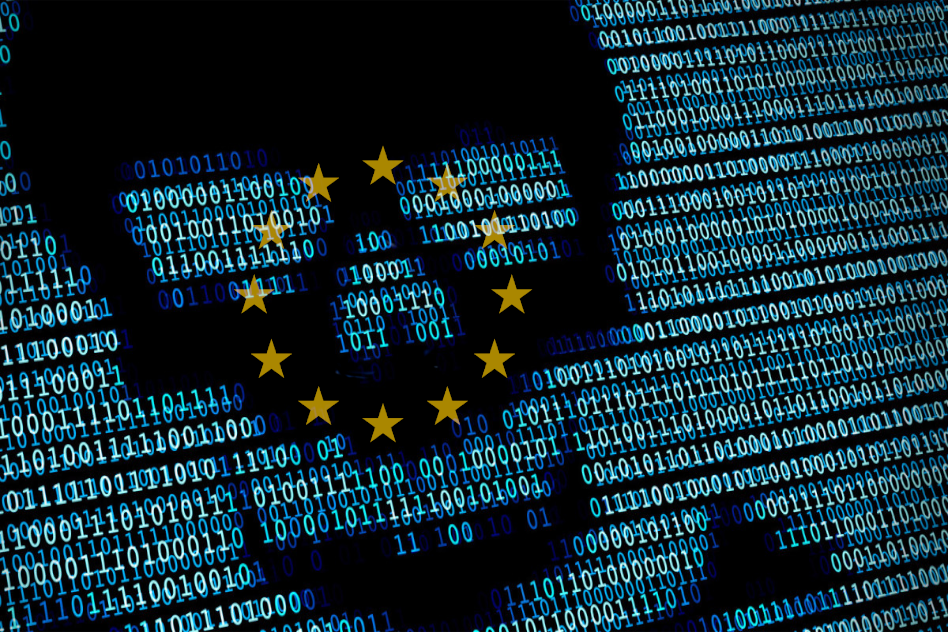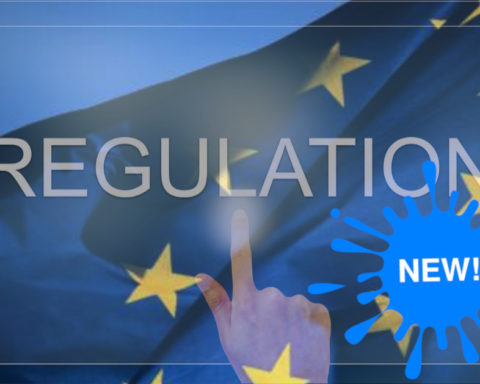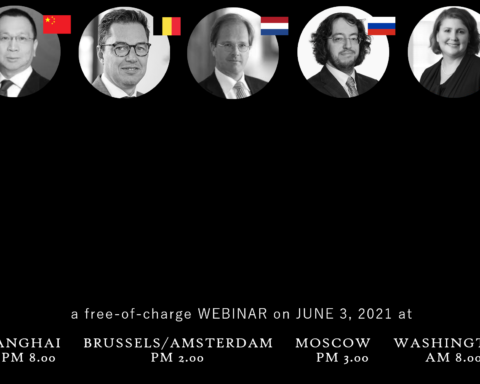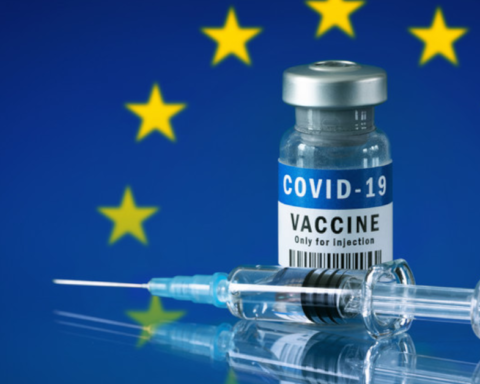Effective 16 May 2019, exports and reexports by non-US parties are included within the scope of the Entity List restrictions imposed by the US Government against Chinese company Huawei and its non-US subsidiaries.
By Susan Kovarovics| Bryan Cave Leighton Paisner LLP, May 21, 2019
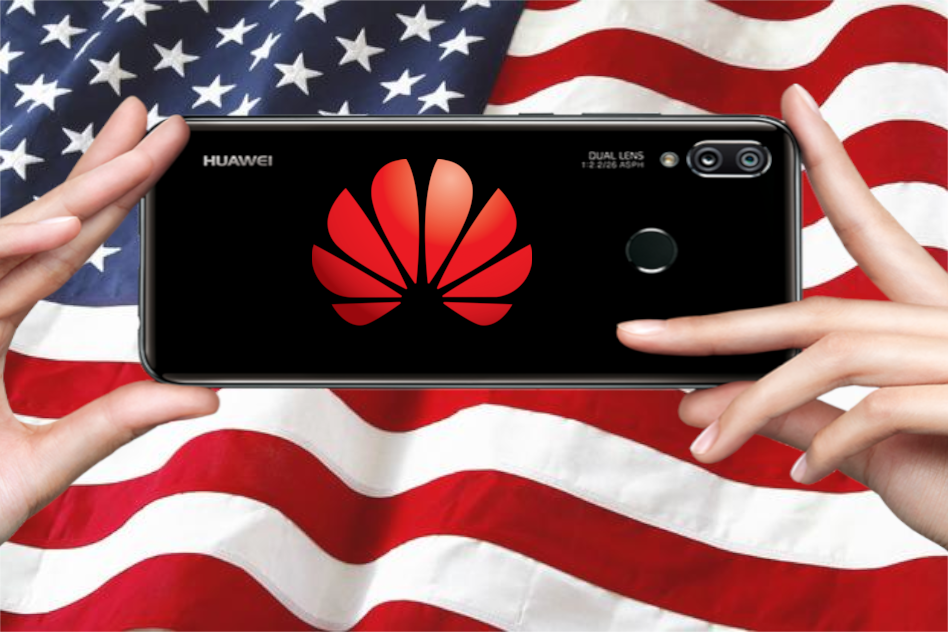
The Trump Administration announced last week that the US Government has added Huawei to the Commerce Department Entity List. Here is a link to a copy of the Federal Register Notice pursuant to which that designation occurred. This notice was formally published 21 May 2019, but the Commerce Department has noted that it became effective when a public inspection copy was published on the Federal Register site at 4:15 pm (presumably Eastern Daylight Time) on 16 May 2019. It covers Huawei Technologies Co., Ltd. (“Huawei”) and 68 of its non-US affiliates.
The restrictions associated with this Entity List designation impact all exports, reexports or in-country transfers of items (goods, technology or software) subject to the US Export Administration Regulations (“EAR”) to any of the Huawei entities named in the Federal Register Notice. Keep in mind that items received from the United States or that are US origin continue to be subject to the EAR unless and until they have been incorporated into an item made outside the United States that contains only de minimis US content controlled to the country to which the item destined. Items made outside the United States that do contain greater than de minimis controlled US content are themselves considered to be subject to the EAR and, thus, within the scope of this Entity List restriction.
Be cognizant of aftermarket activities and software and technology transfers that may also trigger these EAR restrictions.
The Commerce Department has issued a temporary general license effective 20 May 2019 to 19 August 2019 that authorizes the export, reexport or transfer in accordance with the license requirements and exceptions applicable as of 16 May 2019 for items destined to Huawei or one of its 68 affiliates subject to the Entity List designation if such items are for one of the four approved end uses:
- Continued operation of existing networks and equipment
- Support to existing handsets
- Cybersecurity research and vulnerability disclosure
- Engagement as necessary for development of 5G standards by a duly recognized standards body
Use of the temporary general license is predicated on creation of a certification in advance of the export identifying how the transaction meets the criteria for the temporary general license. The certification must be maintained as part of the export records for the transaction in accordance with the EAR’s recordkeeping requirements.
For all other exports, reexports, or transfers to Huawei and its affiliates, specific licenses can be sought. However, there is a presumption of denial, so the case must be made to explain why any particular proposed transaction does not run contrary to the national security and foreign policy reasons behind the designations in the first instance.
- Don’t be Caught Off Guard:Huawei Entities Added to US Entity List - May 21, 2019
- They’re Back: US Nuclear Sanctions against Iran - May 10, 2018
- Much Ado About Sanctions in the United States - August 3, 2017

